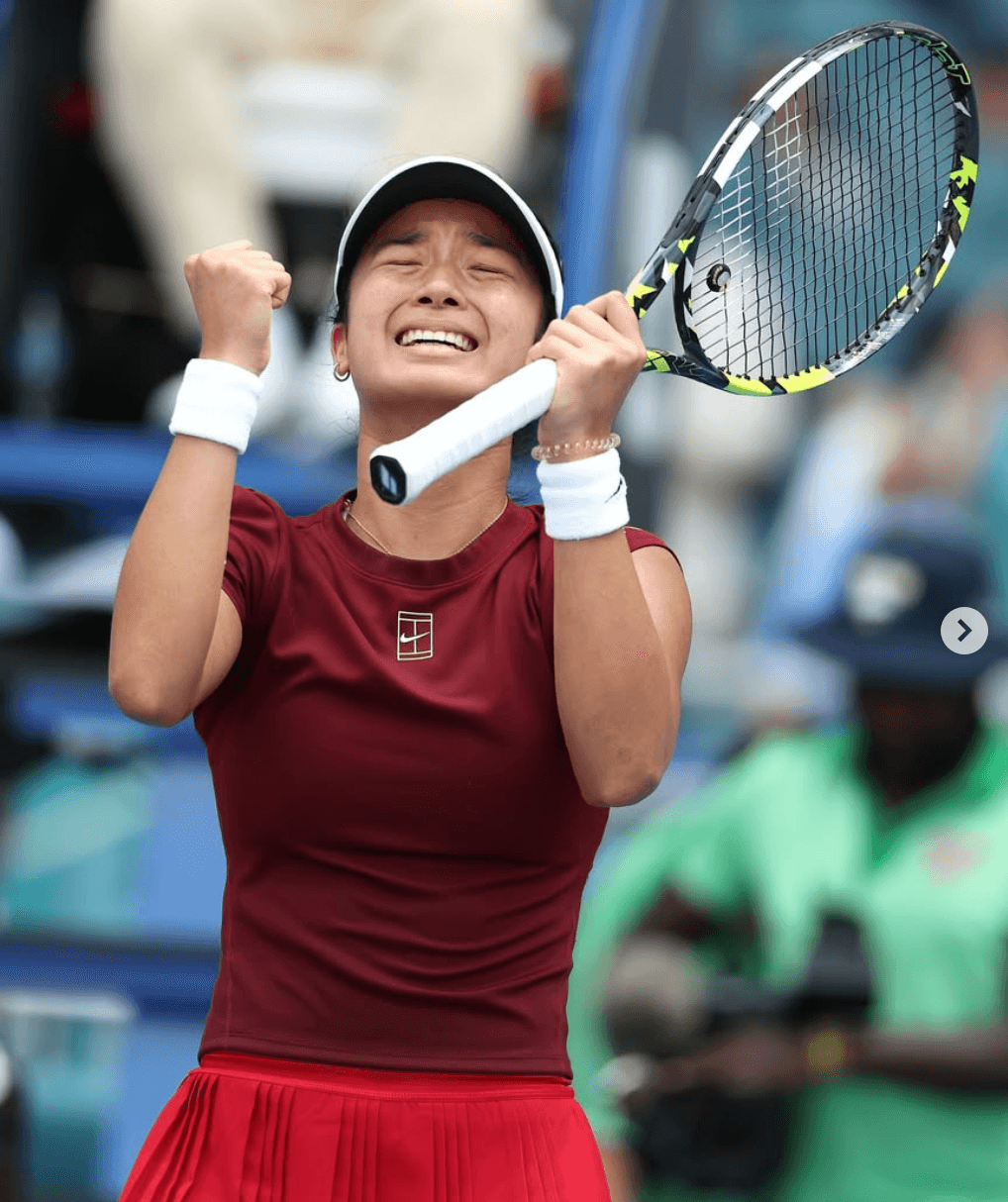At A Glance
- The clock might have struck midnight on Alex Eala's improbable run in the Miami Open but what she has achieved certainly suggests that she is only at the beginning of what could be a meteoric rise not only for her but also for Philippine tennis.
The clock might have struck midnight on Alex Eala’s improbable run in the Miami Open but what she has achieved certainly suggests that she is only at the beginning of what could be a meteoric rise not only for her but also for Philippine tennis.
Eala, the 19-year-old tennis sensation, has reached a pedestal that no other Filipino has ever stepped in.

From ranking 140th in the world, to entering the wild card, and then beating seeded players – some even part of the elite 10 – it was clearly a wild week for her in Miami.
But as quick as her rise to global stardom, Eala’s success – and soon future achievements – did not happen overnight. And more so for a country that isn’t really a fan of tennis and where grassroots development of the sport is still scarce.
“Growing up, it was tough. You didn’t have anyone from where you’re from to pave the way. Of course, you have many people to look up to around the world,” said Eala in one of her interviews after pulling off the upset against world No. 4 and reigning Australian Open champion Madison Keys.
“I hope this takes Filipino tennis to the next step,” she added.
At 13 years old, Eala had to train at the prestigious Rafael Nadal Academy in Mallorca, Spain. There, day in and day out, she put in the work to sharpen every facet of her game that she has today.
Iga Swiatek, the most dominant player in women’s tennis in recent years, who Eala defeated to reach the semifinals of the Miami Open, was even the guest during her graduation in 2023.
While Eala gave much of the credit to her family and loved ones, who, from the very beginning, were very supportive of her in building her foundations. She could not deny how proper training and development has elevated her game.
“The academy has been my home for the past seven years. And of course, I have to take credit, my family should take credit for the foundation that they laid out before they sent me there. But of course, the academy was able to build on that foundation in such a way that I'm able to be where I am now,” said Eala.
“And I think the combination of everything that I've been through since I started tennis is what has led to this moment and what has led to me having all these opportunities,” she added.
Eala’s path to her tennis rise was not exactly conventional. Like every champion in the past, she has beaten big names at such a young age, putting her on track to greatness.
But like every kid aspiring to become tennis greats, all Eala needs – and probably every aspiring young Filipino tennis player as well – is an environment that could bring out the best in their abilities.
“Inspiration doesn't always have to come from someone big who did it in the Philippines,” said Eala.
“The young kids, the youth in the Philippines, they don't need to take inspiration from me. They can take inspiration from anyone they want. They can take inspiration from other things, which is what I did growing up,” she added.
Safe to say, Eala’s success has opened the trail, and Philippine tennis only needs to follow the same path – invest on the grassroots and bring the best in them.